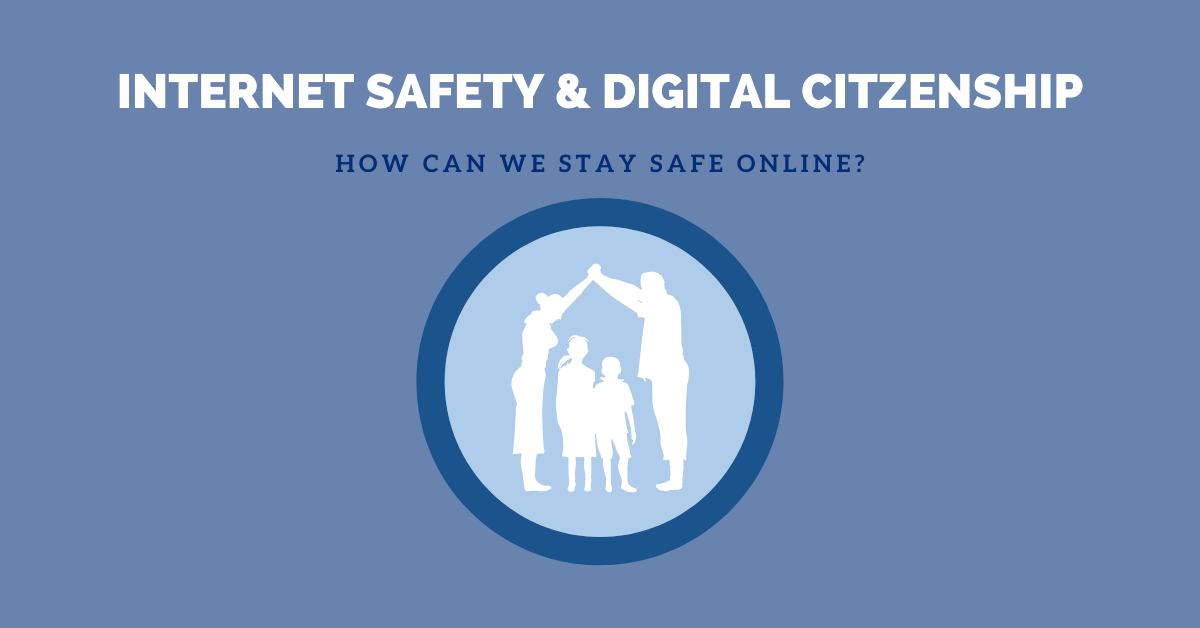
Many parents today remember a time when the electric device in children’s hands was a Tomagotchi, rather than a smartphone. The internet has revolutionized our world in so many positive ways. We can enjoy music, videos, games, and get access to information on pretty much any topic we desire with a press of a finger. Unfortunately, the marvelous invention of the internet has 1) given rise to cyberbullying and 2) created more opportunities for sexual predators to target and access children. It’s important for parents and caregivers to understand the dangers the internet poses, and implement strategies for keeping the children in their lives safe.
Take a look at these safety tips below!
- Ensure that you and your child understand how to navigate the privacy settings in the various apps your child uses. Many apps tap into a phone’s GPS capabilities
- which can reveal a child’s location to strangers in the area. It’s also important to know how to limit who sees what and when; not only can privacy settings protect children from predators, they can also prevent children from becoming the target of bullies or online trolls.
- Come up with a media plan as a family. The internet is amazing, but it’s no replacement for other activities like sports, outside exploring, or make-believe play. Set reasonable limits on screen time and be sure to involve your child in negotiating these limits. Doing so will help children take ownership of the media plan.
- Keep identifying information private! Online sexual predators can be very adapt at revealing a child’s identity with only a few pieces of information. Make sure that usernames are deliberately vague and discuss with your child the importance of never revealing personal information to strangers online. Examples of personal information include name, phone number, school, or places frequented by the child such as school or extracurricular activities.
- Discuss with your child the importance of understanding how to verify information sources to increase information literacy. Not everything we see online should be believed. Knowing how to determine the validity of information sources will protect children from becoming victims of misinformation or fraud.
- Review the “Golden Rule” with your child; that is to treat others the way they’d like to be treated. Explain that this principle applies online just as much as it does in person. Remind your child that if they wouldn’t say something in person, they shouldn’t say or post it online.
- The safety rules Prevent Child Abuse Utah teaches to Utah’s K-12 students apply to the virtual world as well. Remind children to “Listen to Their Uh-Oh Feeling” when they are using the internet. If they feel uncomfortable, teach them to “Say No” by stepping away from the computer or putting a device down. Direct them to “Go Tell” an adult that can help them navigate their experience.
You are your child’s greatest advocate! The internet is a marvelous and useful tool. It isn’t something to be feared, just taken seriously and used responsibility. By helping your child to become a digital citizen, you’re promoting not only your child’s wellbeing but the wellbeing of our community!
